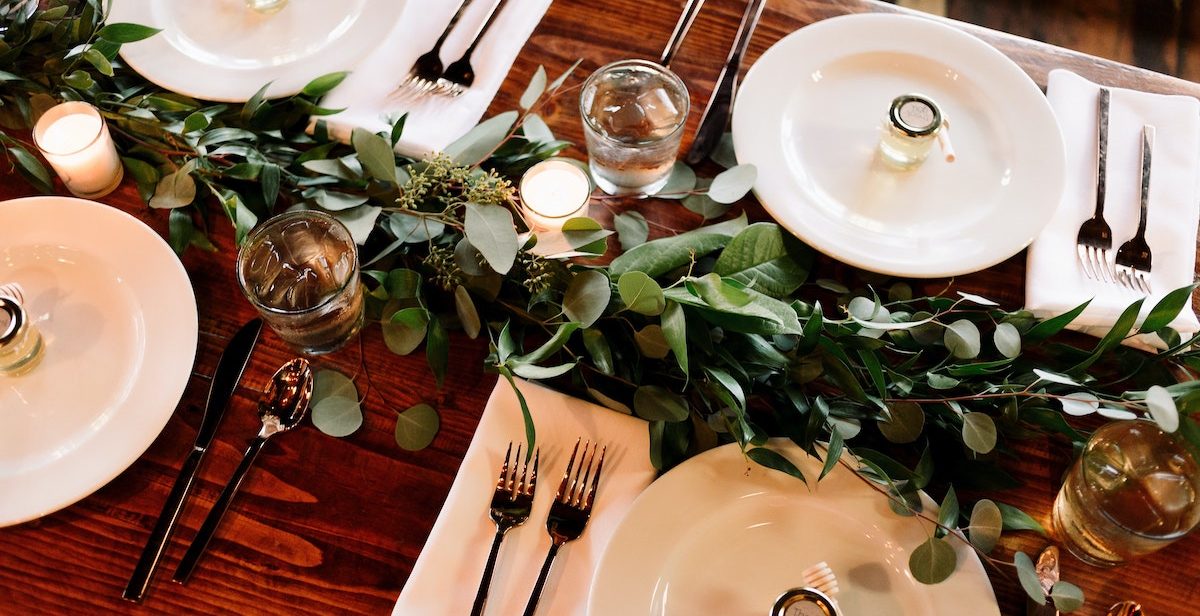Food is a central feature of the festive season. Christmas is a time of indulging in deliciousness and excessive eating. Sadly a vast amount of food goes to waste every year. But there are plenty of simple solutions. Try these suggestions for a more sustainable Christmas dinner.
Reduce your meat consumption
We all know industrial meat is bad for the planet. Yet most supermarket meat in the UK still comes from intensive factory farms. Giant meat production companies produce about half the carbon emissions of Shell or BP. And all this drives global deforestation. If meat is a must on your table this year:
- Shop at your local butchers
- Remember that poultry has a lower carbon footprint than red meat
- Reduce how much you buy
- Buy organic if you can
Choose your veggies wisely
Removing meat from your plate has huge environmental benefits. But how you buy your vegetables is also important. Buy local, seasonal veg such as chard, swede and squash. It’s more likely that seasonal products haven’t come from the opposite side of the globe.
Buy organic if you can. And why not try a veggie main dish? Jamie Oliver’s veggie crown or Justine Pattison’s vegan wellington could sway even the most ardent of meat-eaters.
Reduce your food waste
In the UK, food and drink waste increases by 80% over Christmas. A staggering 230,000 tons of food is binned each year. Have a more sustainable Christmas dinner by planning well. Do you really need to buy so much? Freezing food is a great way to reduce waste. Compost vegetable peelings if you can. Or make them into a vegetable stock or broth.
Reduce plastic waste
Reducing plastic waste is easier than you think. Buy unpackaged food. Use cloth bags for loose vegetables. And if you use instant gravy, choose brands in glass jars.
But if you can’t avoid packaging, buy products in recycled packaging. Greenpeace has investigated which supermarkets are working the hardest towards plastic reduction. And many UK supermarkets now have refill stations.
Reduce cooking time
A lot of people think carefully about the food they buy. But not so many think about the impact of cooking it. Professor Sarah Bridle from the University of Manchester says: “up to 60 percent of the climate impact of foods can come from cooking”. And ovens are the worst culprits.
Cooking meat takes a long time and uses lots of energy.. Cook sous-vide like the French to reduce cooking time. Or consider purchasing a slow cooker or pressure cooker to drastically reduce your energy consumption.
Everyone wants to enjoy the Christmas dinner feast and thinking about the environment at Christmas doesn’t have to be bah-humbug. Planning a more sustainable Christmas dinner doesn’t take much extra effort when you know what to think about. But those simple changes can make a world of difference. And putting Earth before our overindulgence is surely the best Christmas gift we can give our planet this festive season.

